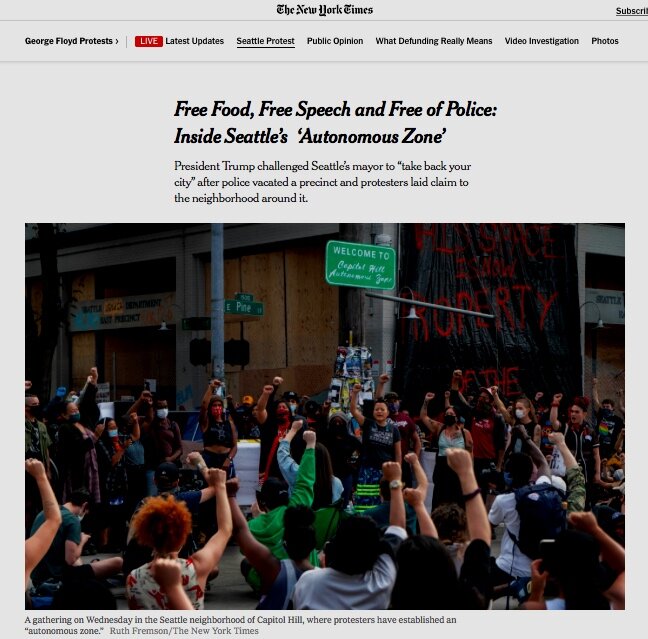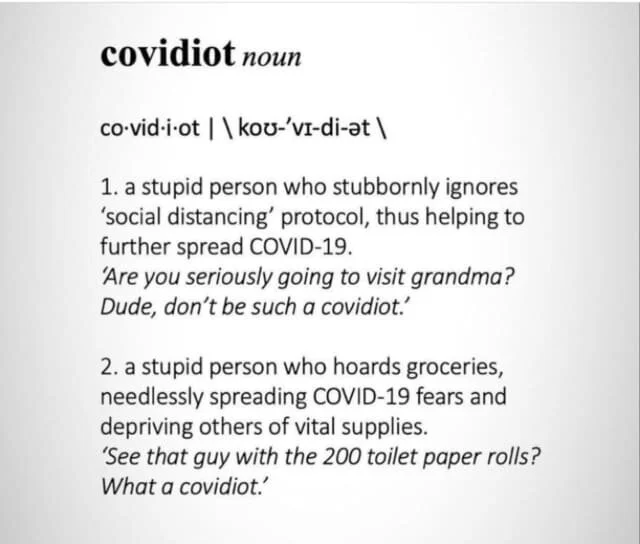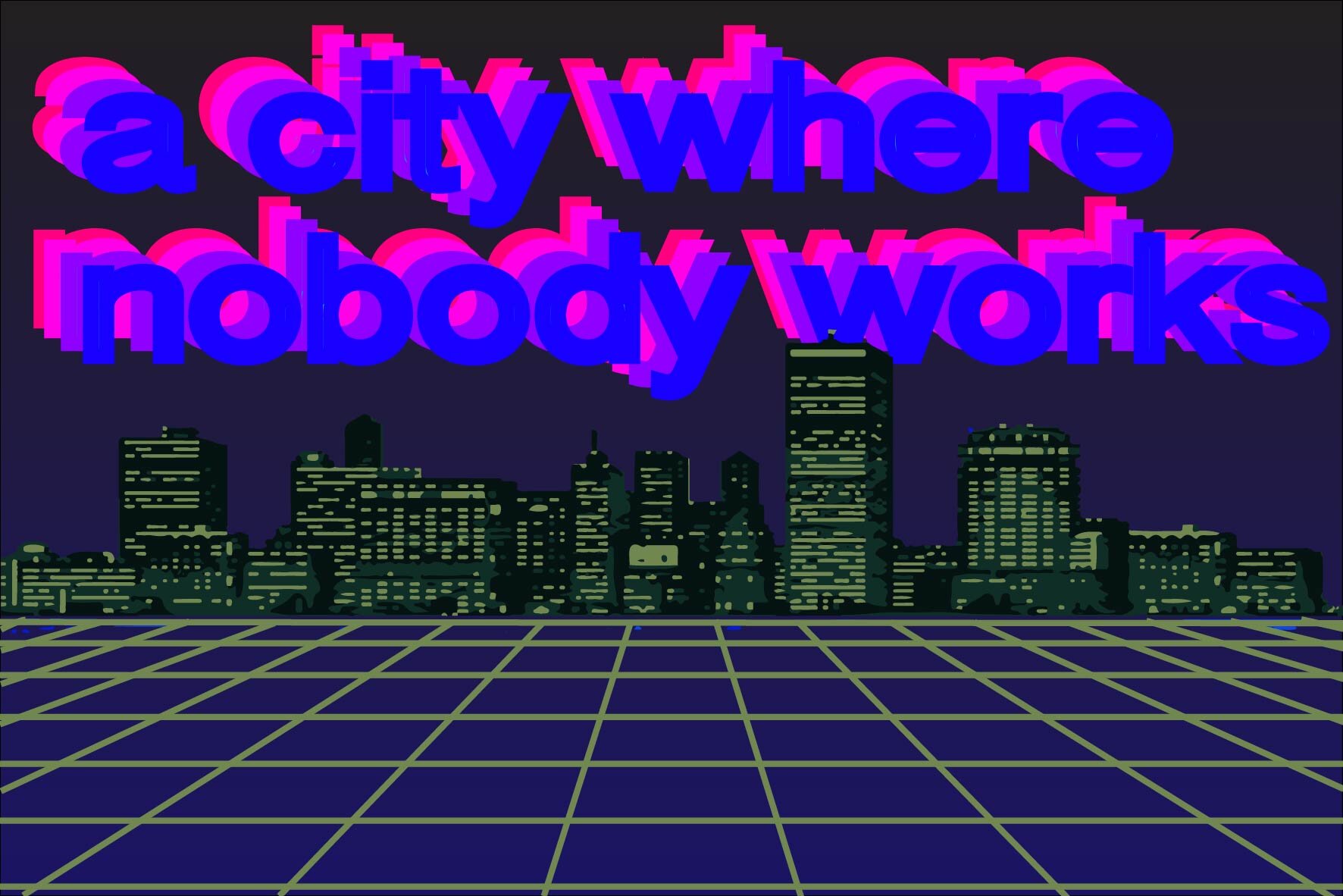The main thing that my research explores is agency. What is agency and where does it come from? How do individuals and groups shape society? How do institutions define “possibility spaces” that become the incentive environments that other institutions and individuals operate within? How can institutions shape a prevailing “common sense” (or “meta-ideology”) that almost everyone subscribes to? When do the resulting “hegemonies” deteriorate, and how do countercultural and dissenting groups and individuals gain agency against the dominant systems and ideologies? And how do dissenting groups lay the ground for future hegemonies by defining their own alternative “possibility spaces”? This series of blog posts seeks to cursorily address these questions by drawing on my theoretical and historical research.
This post addresses the first of these questions:
What is agency and where does it come from?
There are a variety of theoretical approaches to agency.
Systems theory approaches agency as a relational phenomenon that emerges from the interactions within a system rather than something that solely belongs to individuals. In this view, agency is less about individual choice or autonomous decision-making and more about how individuals are embedded within larger networks of influence and feedback loops. Systems theorists consider agency to be an emergent property, meaning it arises from the complex interactions and interdependencies within a system. No single part of the system "has" agency in isolation; rather, it emerges from the ways in which the parts interact and respond to each other. Systems theory also observes that systems interact with external environments, which influence their function and behavior.
Similarly, Actor-Network Theory (ANT) attributes agency not only to human actors but also to non-human entities (like objects, technologies, and even abstract concepts). This perspective moves away from seeing agency solely as a human trait, instead framing it as an emergent property of interactions within networks. In this framework, agency is not located within individuals or objects alone but is distributed across networks. This means that actions are seen as the product of a network of relationships rather than the result of any single actor's intentions or capacities. Both human and non-human actors are "actants" in this web of influence, contributing to the capacity to act. According to ANT, a bridge, a computer system, or a social norm can "act" in a way that shapes human behavior or changes outcomes. This does not imply that objects have intentions like humans, but rather that they can affect change through their role and properties within the network. ANT suggests that both actors and their capacities to act are products of networks. Thus, what an actor "is" and what they "do" are defined by the network they are part of. This perspective implies that changing the configuration of a network changes the agencies of the actors within it.
Immanuel Wallerstein applies much of this abstract theoretical insight within his analysis of what he calls “world systems”—the structural forces that shape social systems on a global scale. His perspective on agency is rooted in his understanding of capitalism as a world-system that operates according to specific economic, political, and social logics, constraining certain individual and collective actions, and amplifying others. He sees capitalism as a global system that reproduces certain power relations and economic disparities, primarily through mechanisms like core-periphery relations, economic-historical cycles, and hegemonic cultural shifts. According to Wallerstein, the world-system is highly resilient and resistant to fundamental change, because it self-regulates and has a strong momentum in its tendencies and directions of development, accumulation and deterioration. Drawing on Antonio Gramsci’s concept of cultural hegemony, Wallerstein is skeptical about human agency. For him, most historical actors are "agents of structure"—their actions are often responses to structural pressures rather than purely autonomous choices. However, Wallerstein does acknowledge that actors can exercise some level of agency, especially during periods of systemic crisis or transition. He posits that these "structural crises" are moments when the rigidity of the world-system weakens, creating a temporary openness to change. During these times, human agency has more influence as actors can pursue alternative paths, challenging or even restructuring aspects of the system.
These structural crises are an inherent part of the expansion of global capitalism, which proceeds within "systemic cycles of accumulation," as the economic historian Giovanni Arrighi argues in his book The Long Twentieth Century. Drawing on world-systems analysis and on the work of social and economic historians from the French Annales School, Arrighi explores the history of capitalism by examining how global economic power has shifted across four main cycles, each centered on a different hegemonic state or region: Genoa, the Netherlands, Britain, and the United States. Arrighi argues that each cycle consists of an initial expansion phase, characterized by economic growth and productive capital investment, followed by a financial phase, marked by the dominance of speculative finance over production as economic returns decline. This shift from production to finance ultimately leads to instability, economic crises, and a new center of capital accumulation. According to Arrighi, the current period of economic crisis and instability, which has been reigned over by a “neoliberal” ideology of free trade, deregulation, and a breakdown of social welfare and social institutions, is part of the inevitable shift in the center of capitalist accumulation from the United States to China. Yet, unlike previous shifts, it is accompanied by new constraints, crises, and opportunities, arising from the global nature of the economy. For one thing, there is no remaining societal frontier to colonize and incorporate as part of the expanding capitalist economy. Furthermore, humanity faces unprecedented ecological and environmental crises, with climate change, mass extinction and pollution threatening to severely compromise humanity’s ability to inhabit the planet. In addition to this, new technologies—particularly the Internet, microcomputing, artificial intelligence, and blockchain—threaten the foundations of classical economics, and offer an opportunity to overcome the private ownership of capital while maintaining the dynamism and feedback mechanisms of markets. Finally, there is an ever-growing class of over-educated, under-utilized, and individualistic citizens in post-industrial societies, and these people pose a threat to the maintenance of undemocratic political and economic institutions. All of these factors threaten the smooth reproduction of the capitalist world system and could potentially facilitate major structural shifts in that system.
The particular direction that this change goes is difficult to predict, but the metemodernist political thinker Hanzi Freinacht offers a compelling framework for thinking about it—and for conceptualizing agency within the current world-historical situation. Hanzi, drawing in the ontology of Gilles Deleuze, presents a philosophical realism that accounts not only for the actually-existing, but also for the potentiality of likely future developments. As Hanzi puts it, “developments in the present in certain ways are pulled towards the unrealized potentials of the future. What happens in the present is namely just as much a result of what has been as what can become.” The way to increase your agency, then, is to analyze historical trends and to locate the ebbing and flowing tides of social, cultural, political, economic an technological change—information that Hanzi calls “attractors.” Attractors, in Hanzi’s definition, are patterns or equilibria “that under certain conditions [are] very likely to emerge and stabilize within a dynamical system, such as a society.” By identifying attractors, individuals, groups and institutions can enhance their agency, moving with, rather than against, the currents of history. While Hanzi acknowledges that “[t]he world is a chaotic place and the future is never predetermined,” he insists that “on the general level, some things are just more likely to happen than others, and some are very likely to happen.” https://metamoderna.org/attractors-the-guiding-stars-of-historys-winners/


















